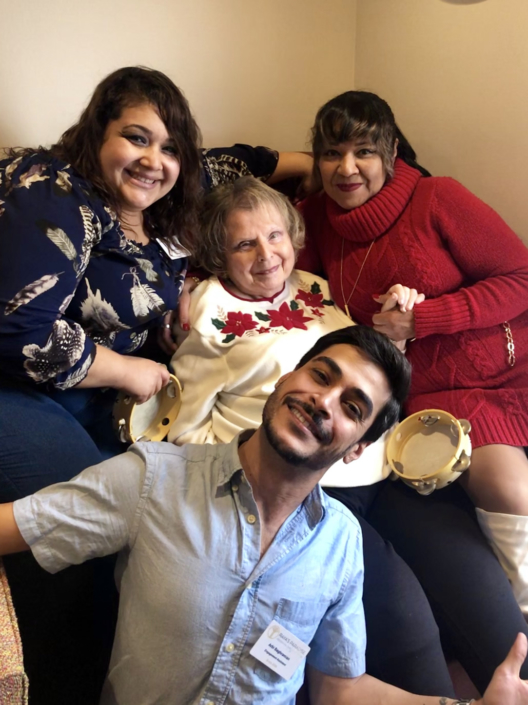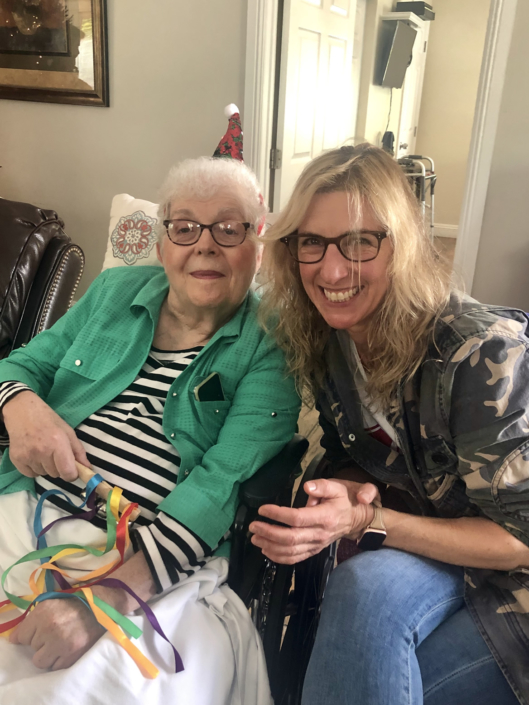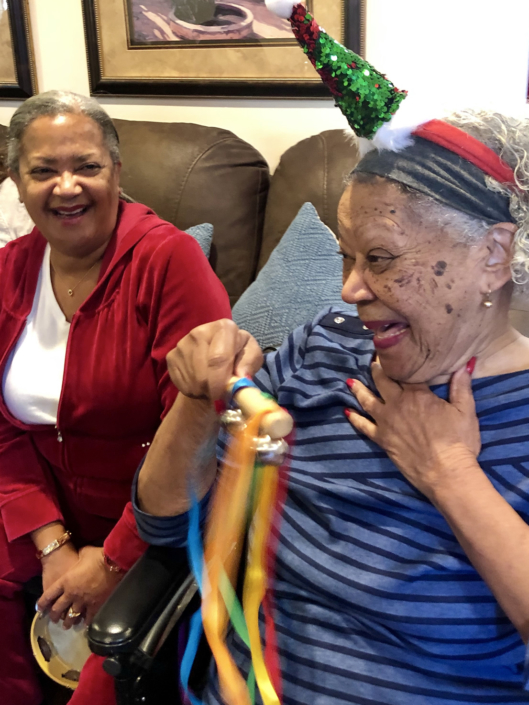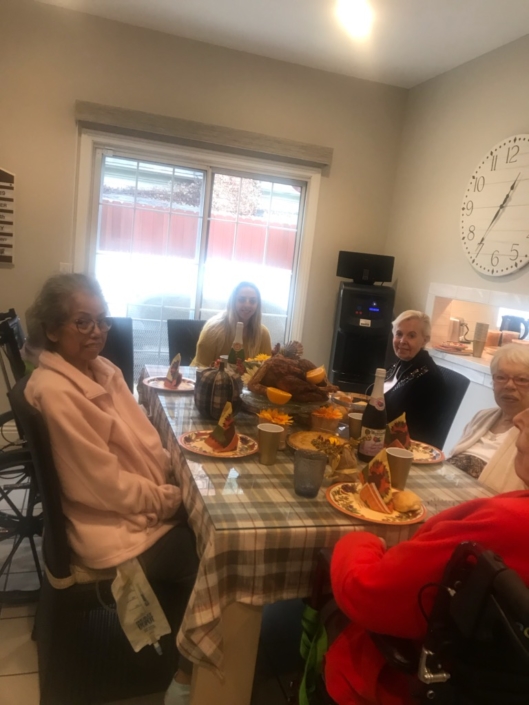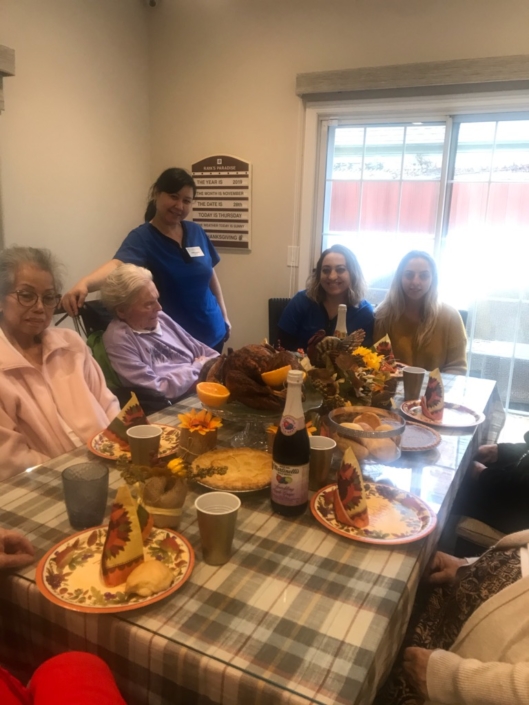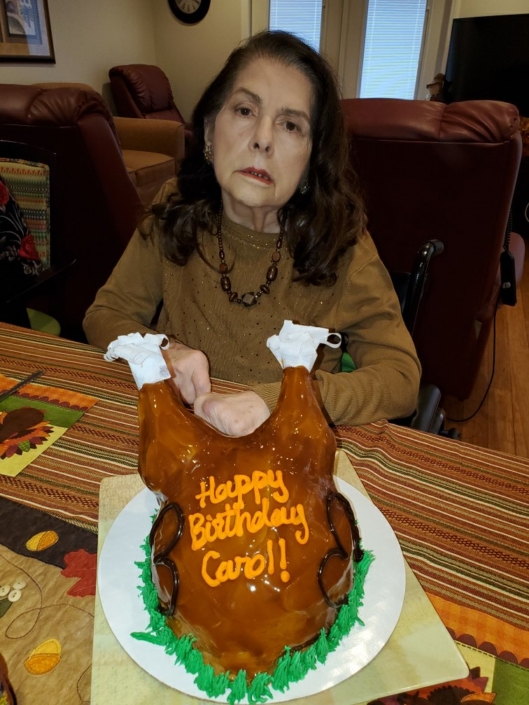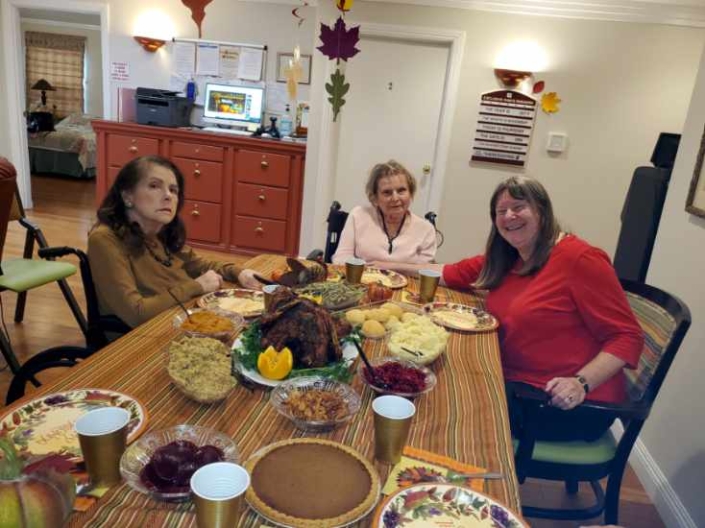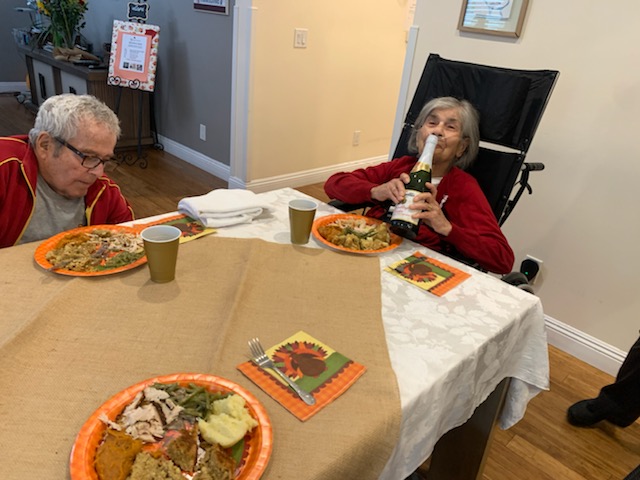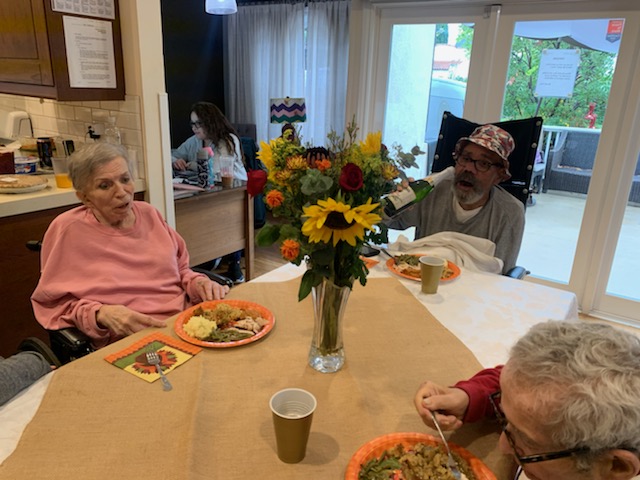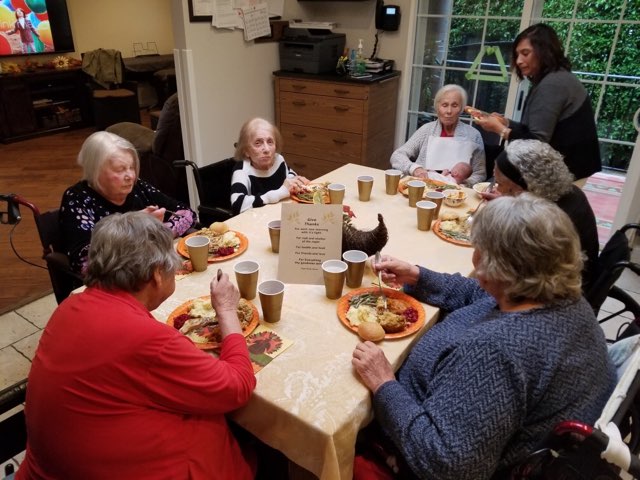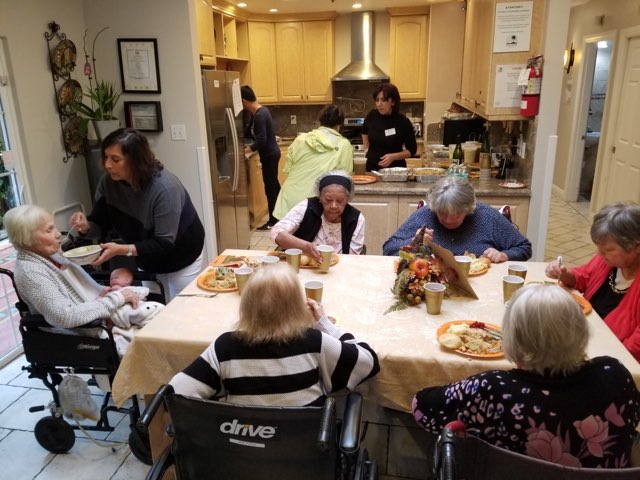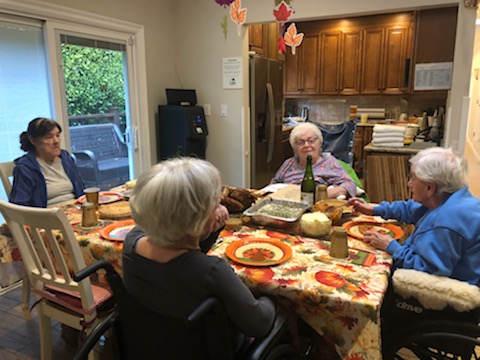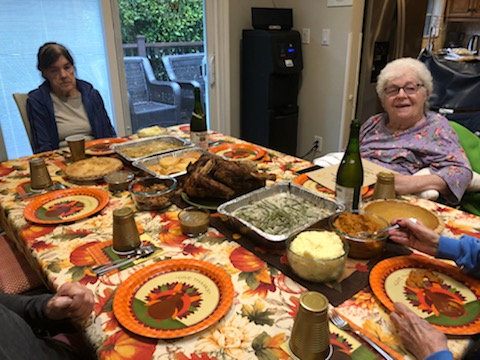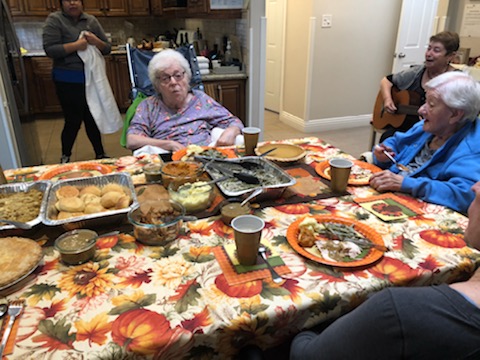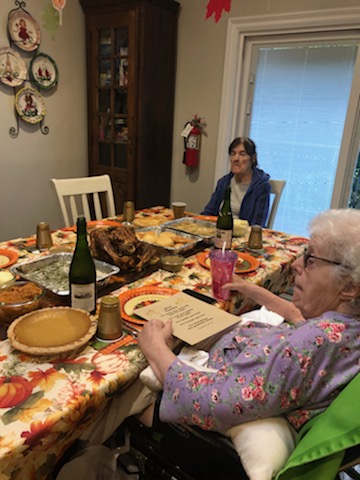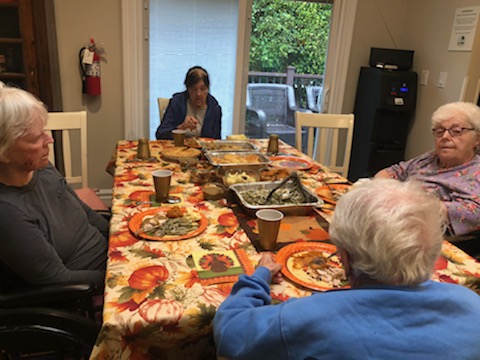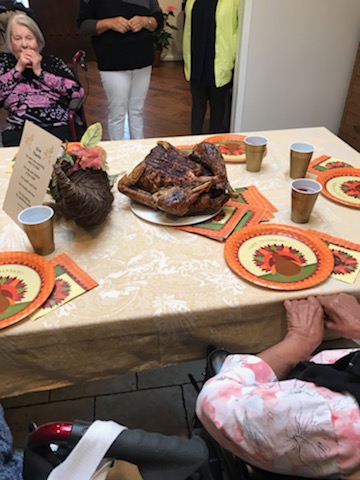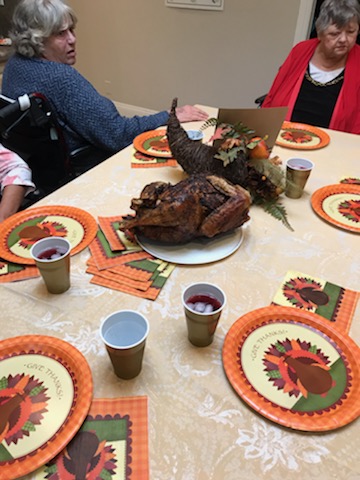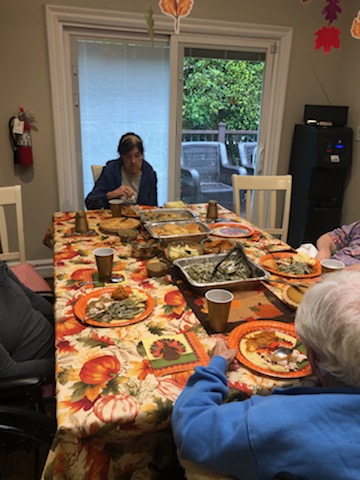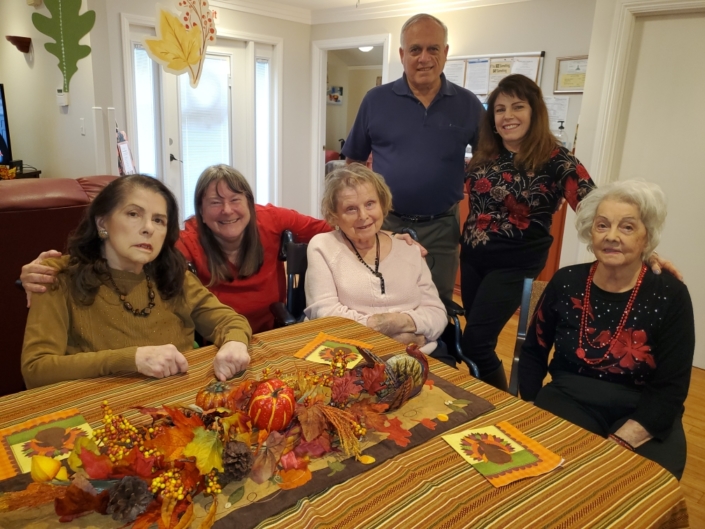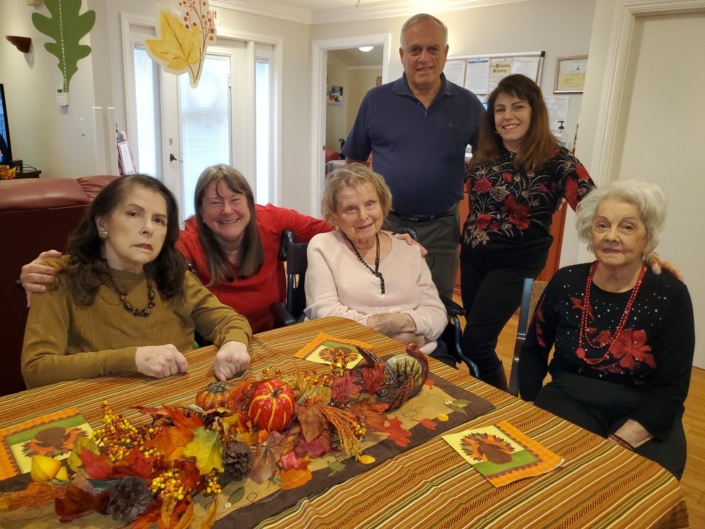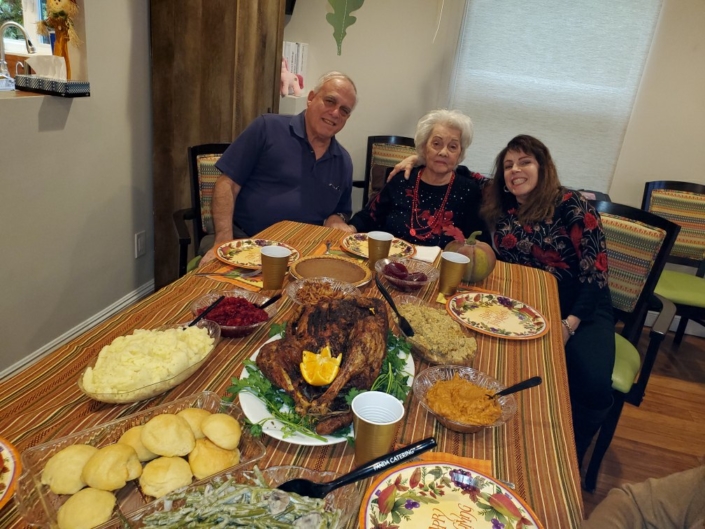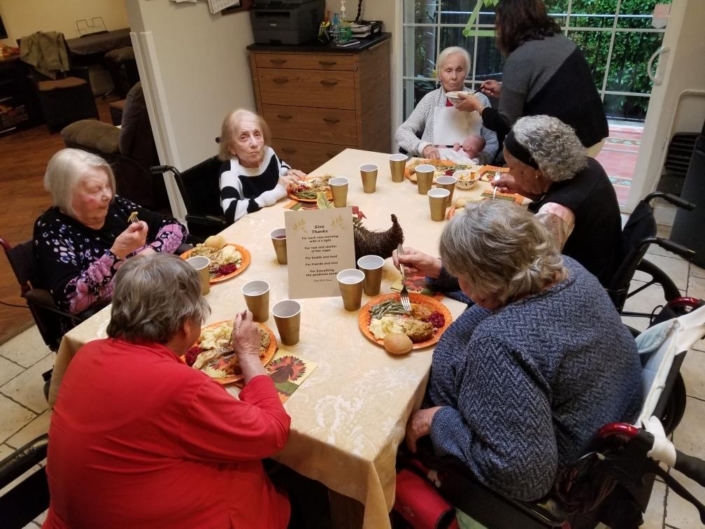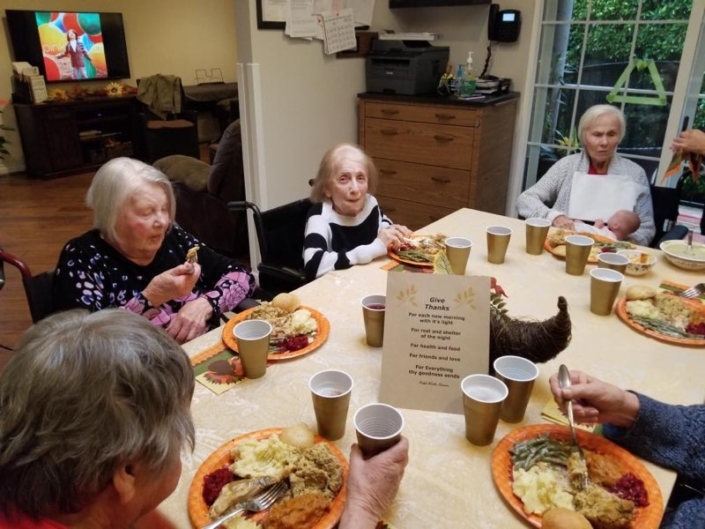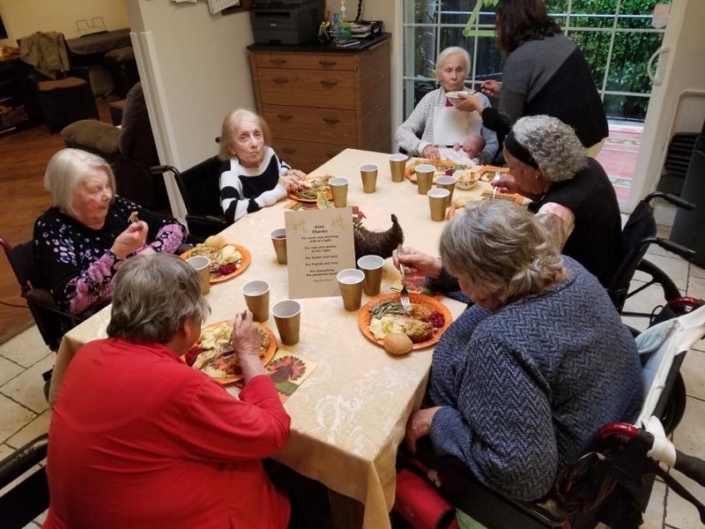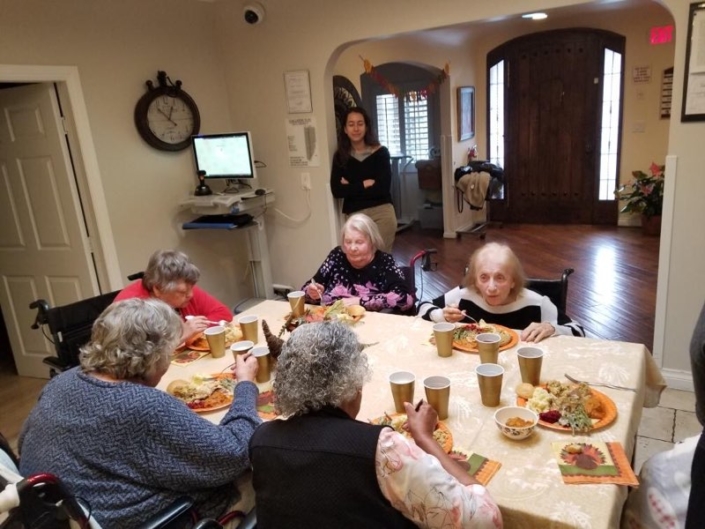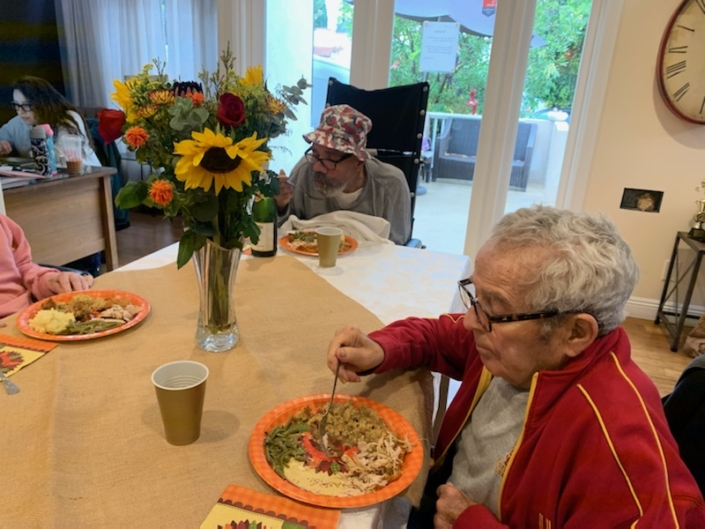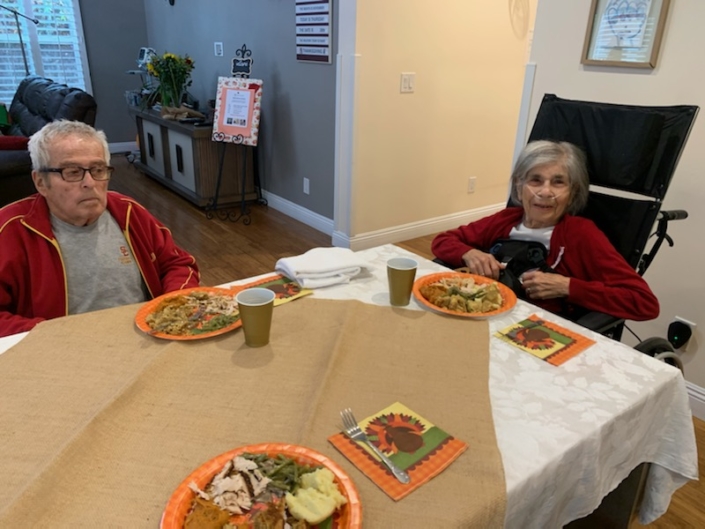- Decide whether or not you (or your parents) will itemize deductions. Run the numbers to decide whether you’re better off taking the standard deduction (which is $5,950 for single filers or $11,900 for those who are married filing jointly). If you are going to itemize, look for opportunities to increase the amount of deductions before the year is over, since all deductions will lower your tax bill. For example, if you make a larger-than-usual donation to charity you’ll reap extra benefits. This may motivate you to do a little holiday cleaning, and take unused clothing or furniture to The Salvation Army or Goodwill. These organizations will provide you with a receipt, and you’ll be able to claim the item’s fair value as a deduction.
- Make large gifts now. If you or your parents want to give someone a large cash gift, write the check and make sure it’s cashed before January 1. You can give as much as $13,000 to an individual without being required to pay gift tax.
- Make an extra house payment. Here’s a trick for maximizing your deductions if you’ll be itemizing next year. Make your January mortgage payment early. As long as you mail it by December 31, the payment will qualify for this tax year.
- Review medical expenses. How much have you and your parents paid for medical care out-of-pocket? If your medical expenses are greater than 7.5 percent of your adjusted gross income, you can deduct them on your tax return. If you are close, you may be able to find ways to get care or purchase supplies that will put you over the edge.
- Consider claiming your parent as a dependent. If you pay more than 50% of your parent’s expenses, and their gross income is less than $3,800 (not counting disability payments, tax-exempt income, or Social Security), you can claim them as a dependent. Again, if you’re just shy of qualifying, see if you can make up the gaps in the last few weeks of the year.
Did you know that 1 in 4 older adults are not reporting falls?
Every year, there are more than 27,000 people, ages 65 years and up who die from falls. The numbers are astounding; so, our team here at Raya’s Paradise decided to interview several members of our 24-hour, on-site Wellness staff to learn best practices they use to help keep your loved ones safe. What we learned was that most falls are typically attributed to normal changes of aging, like poor eyesight or poor hearing. There are Illnesses and physical conditions that can affect your strength and balance as you age. However, it is the little things in the house, like rolled-up rugs, and cords, and lamps and not enough lights, clutter that can really add to a fall,” they explained. To combat hazards, Raya’s Paradise housekeeping and caregiving team facilitate routine room checks to ensure our residents are in a clean and safe home. Moreover, the introduction of new medications often results in changes in balance. Medications used to treat depression, sleep and blood pressure are often the drivers for related falls. In fact, many medication for diabetes and heart conditions can also result in a change of gait and balance leading to falls. Upon moving into one of our communities, our Wellness team at Raya’s Paradise takes time to examine your medications. “We know that you are more likely to fall if you are taking four or more medicines and that you are also more likely to fall if you have altered your medications within the past two weeks. Therefore, we often partner with our house-call physician and pharmacy to determine if all medications are really needed and if there are any high-risk drug interactions.” We encourage you to stop by Raya’s Paradise and speak to a member of our Wellness team to learn more about the risks of falls and ways to stay safe! ————————————————– Alzheimer’s Disease Facts and Figures, an annual report released by the Alzheimer’s Association®, reveals the burden of Alzheimer’s and dementia on individuals, caregivers, government and the nation’s health care system.There comes a point when you are caring for a loved one, when you have to ask yourself what is the best decision for me as well as for the person I am caring for. Whether you decide to continue to care for your loved one or start to explore other options such as a professional care home, take the time to insure your own personal health and well being. There is a reason that during the safety briefing on a plane they tell you to put your oxygen mask on first, then help your love ones. If you don’t take care of yourself you have no way to care for someone else. “There is a cost to caring,” states Charles Figley, an expert in trauma and researcher in the field of burnout; he comments that compassion fatigue is something that can occur when caring for someone long term. Take a moment to examine how you feel and see if you may be experiencing any level of burnout or even compassion fatigue and then take the time to explore ways to best care for yourself as well as those you love.
Before we go much further, let’s briefly explore the difference between burnout vs. compassion fatigue. Figley describes burnout as the end result of a gradual process of wearing down. It is the long-term consequences of unaddressed compassion fatigue, resulting in emotional exhaustion and a diminished sense of personal accomplishment and achievement. Recovering from burnout is often a more lengthy process.Compassion fatigue is often a result of the daily care we do, and is a more immediate specific response. It is often characterized by emotional and physical exhaustion; symptoms resembling depression; and usually a shift in a person’s sense of hope and optimism about the future value of the care they are offering. This may not be a constant feeling, but it something that comes and goes. The recovery from compassion fatigue is often less lengthy then burnout.
Are you isolating yourself, bottling up your emotions, having nightmares or even physical ailments? Do you suffer from compulsive behaviors such as over eating or over spending or have difficulty concentrating. Do you feel stressed out or depressed? These are symptoms of compassion fatigue. There is no cure for compassion fatigue but by practicing good self care techniques daily can help you to be physically and emotionally healthy and decrease these symptoms.
A self-care plan begins with you. It begins with being kind to yourself, becoming aware of how things are effecting you (both physically and emotionally), setting boundaries, expressing your needs, taking actions to aide yourself, surrounding yourself with individuals that listen and support you and being able to listen and support others around you. Although when you care for someone it seems like you have no time, you need to take the time to have healthy eating and exercise habits. Get plenty of rest and hydrate yourself. Develop good time and self management skills even if it means saying no. Have a support system, take breaks and try to enjoy a balance in your life. Do not give up all of your friends and hobbies. Pick your battles and even though it is hard, consider professional care givers, if not on a regular basis then consider short term help. You can sometimes schedule breaks, where you use a professional care giver in the home or facility for a few weeks a year, allowing yourself to have time to decompress and feel better before you can no longer care for your loved one.Corporate Office / General Information
Raya’s Paradise, Inc.
1156 N Gardner St.
West Hollywood, CA 90046
Tel: (310) 289-8834
Fax: (323) 851-0375
E-mail:Info@RayasParadise.com




